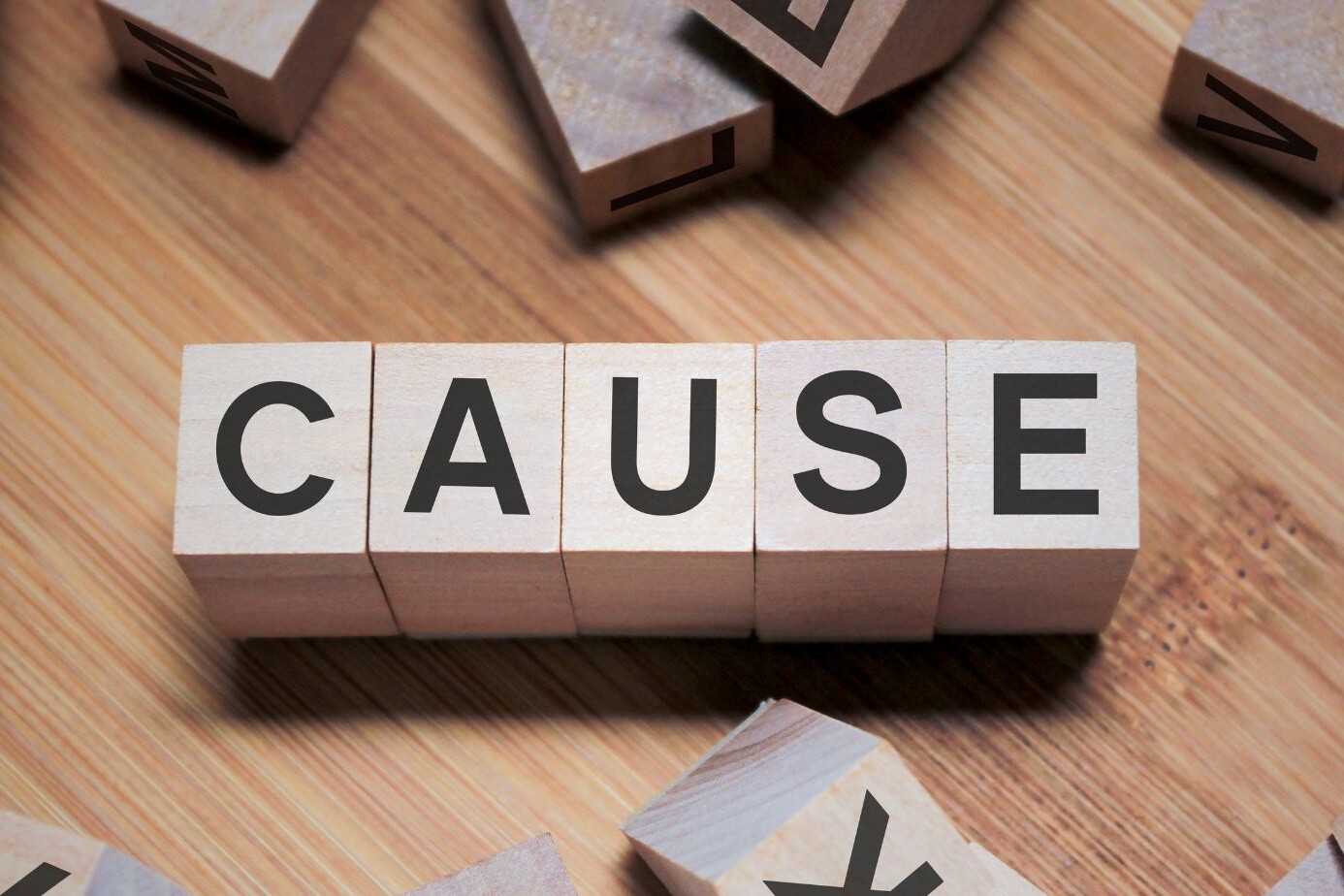Have you ever heard of a disease that can steal a person’s mind in a matter of months? Imagine someone you love suddenly losing their memory, acting oddly, and struggling to walk. It may sound like a rare horror story, but for some families, it’s real. These signs could be Creutzfeldt Jakob disease symptoms, a condition many people have never heard of but should understand.
In this blog, we will explain what Creutzfeldt Jakob disease symptoms are, how they start, how they worsen, and what families can do when facing this condition. Whether you’re someone who is worried about a loved one or just trying to understand more about brain health, this guide can help.
Table of Contents
ToggleWhat is Creutzfeldt Jakob Disease (CJD)?
Creutzfeldt-Jakob Disease, or CJD, is a rare but deadly brain disorder.
A Brief Overview of CJD
CJD is caused by abnormal proteins in the brain known as prions. These prions attack healthy brain cells, causing the brain to break down quickly. This illness affects about 1 in every 1 million people around the world each year.
There are four types of CJD:
- Sporadic CJD: Appears without any known cause. It’s the most common type.
- Familial CJD: Runs in families due to a genetic mutation in the PRNP gene.
- Iatrogenic CJD: Happens when brain tissue or surgical tools transfer prions.
- Variant CJD (vCJD): Linked to eating beef from cows with mad cow disease (BSE).
According to the CDC and WHO, CJD always leads to death, usually within a year.
Causes and Risk Factors
You cannot catch CJD like the flu. But there are some common causes of CJD and risks:
- Genetics: If someone in your family had CJD, your chances are higher.
- Medical procedures: In rare cases, contaminated tools used in surgeries or transplants can spread prions.
- Age: Most patients are over 60 when Creutzfeldt Jakob disease symptoms begin.
- Diet (for vCJD): Eating beef infected with BSE can cause variant CJD.
Early-Stage Creutzfeldt Jakob Disease Symptoms
The early signs of CJD are often mistaken for other mental health problems or aging. But knowing what to look for can help catch it sooner.
Subtle Mental Changes
In the beginning, Creutzfeldt Jakob disease symptoms often seem like stress, depression, or memory lapses. But they get worse quickly.
- Memory problems: Forgetting things more often than usual.
- Mood changes: Sudden sadness, anger, or fear.
- Lack of interest: A person may stop caring about hobbies or people.
- Confusion: Trouble making simple decisions or understanding conversations.
Neurological Clues
As prions damage the brain, other body functions begin to change:
- Vision issues: Blurry sight or seeing things that aren’t there.
- Muscle twitching: Known as myoclonus.
- Stiffness: Muscles may feel tight or hard to move.
- Unsteady balance: Trouble walking, often falling or needing support.
According to the NHS, over 90% of patients with CJD first show psychiatric or behavioral symptoms before any physical signs appear.
Creutzfeldt Jakob Disease Symptoms: The Progression
Creutzfeldt-Jakob disease gets worse as time goes on. It deeply affects how the brain and mind work. Let’s take a closer look at how this rare brain condition develops.
Advanced Neurological Symptoms
In its later stages, the disease causes severe brain problems. Patients can’t move well, walk, or talk. They find it hard to balance and might have muscle spasms.
They may even go blind. Over time, they stop moving on their own. This means they can’t do daily things without help.
Advanced Psychological Symptoms
The disease also changes how people see and feel about things. Memory loss and deep confusion kick in. They might get very upset, paranoid, or just feel off.
As it gets worse, they lose touch with reality. This makes it hard for them to talk or spend time with family. Sadly, this stage can lead to the person passing away. Often, it’s because their body can’t fight off infections or breathe well.
Learning about how Creutzfeldt-Jakob disease changes over time is key. It helps us be kinder and more helpful to those facing this tough condition.
Advanced and Late-Stage Creutzfeldt Jakob Disease Symptoms
In later stages, the illness gets worse quickly. Patients need full-time care and support.
Rapid Cognitive Decline
Mental abilities fall apart within weeks or months:
- Severe memory loss: Forgetting names, places, or even who family members are.
- Speech problems: Can’t form words or understand speech.
- Total confusion: May not recognize their surroundings.
This stage is often called a dementia-like state.
Physical Deterioration
The body becomes weaker every day:
- Jerky movements: Involuntary muscle movements or spasms.
- Blindness: Losing vision completely.
- Coma: The person becomes unconscious and doesn’t wake up.
- Death: Most people die within 6 to 12 months of symptom onset.
Comparison Table: CJD vs. Alzheimer’s vs. Parkinson’s
| Feature | CJD | Alzheimer’s | Parkinson’s |
|---|---|---|---|
| Age of Onset | 60+ | 65+ | 60+ |
| Progression Speed | Very fast (months) | Slow (years) | Slow (years) |
| Main Symptoms | Dementia, jerks, coma | Memory loss | Tremors, slow movement |
| Life Expectancy After Onset | 6–12 months | 8–10 years | 10–20 years |
| Cause | Prions | Amyloid plaques | Dopamine loss |

Creutzfeldt Jakob Disease Symptoms: Early Detection and Diagnosis
Finding Creutzfeldt-Jakob disease early is key because it moves quickly and can cause death. Doctors use tests like brain scans and spinal fluid checks to spot its brain changes. They also look at brain waves with electroencephalograms (EEGs).
Diagnostic Tests
Techniques like MRIs and CT scans show unique brain damage seen in this disease. Fluid checks can detect special proteins tied to CJD. EEGs can show patterns that match this condition.
However, a sure Creutzfeldt-Jakob diagnosis only comes after checking brain tissue. This often happens after someone passes away. Prion diseases need very detailed tests to confirm them.
Importance of Early Diagnosis
There’s no cure for Creutzfeldt-Jakob yet, but knowing early helps. Doctors can manage symptoms and keep the person as comfortable as possible. They also prevent spreading it to others, like not reusing tools that might be contaminated.
Since CJD can be deadly within a year of symptoms, finding it early is crucial. It pushes us to give better care to those facing this serious disease.
How Do Creutzfeldt Jakob Disease Symptoms Differ by Type?
Each type of CJD shows slightly different signs. Knowing the differences can help families and doctors respond better.
Sporadic CJD
This is the most common type, affecting 85% of people with CJD.
- Starts without a known reason
- Fast decline in both thinking and body movement
- Short survival after symptoms appear
Variant CJD
This form is linked to mad cow disease (BSE). It’s less common but more shocking.
- Starts with behavior changes
- Painful sensations like burning skin
- Often younger patients, even under 30
Familial CJD
Runs in families. It makes up 10–15% of cases.
- Slower decline than sporadic CJD
- History of the disease in family members
Iatrogenic CJD
Caused by medical procedures using infected tools or tissue.
- Rare: Less than 1% of cases
- Shows symptoms like sporadic CJD
Creutzfeldt Jakob Disease Symptom Management and Support
CJD has no cure. But that doesn’t mean families are helpless. Good care makes a difference.
Is There a Cure?
No, there is no cure yet. But care teams help manage pain and give emotional support.
- Pain management: Medicines can ease physical discomfort.
- Mood treatment: Anxiety and sadness are treated with medication.
- Movement help: Physical therapy or walkers assist with mobility.
Support Systems
Families don’t have to face this alone. Support is available:
- Palliative care: Special teams care for pain, comfort, and emotional needs.
- Counseling: Helps loved ones cope with stress.
- Patient support groups: Share experiences with others going through the same.
Neurological Clarity Begins with Expert Help – Contact Dr. Chandril Chugh
If you suspect Creutzfeldt Jakob disease symptoms in yourself or a loved one, don’t wait. Every day matters. Dr. Chandril Chugh is a US-trained, board-certified neurologist who specializes in treating memory issues, complex neurological disorders, and more.
He has helped thousands of families across the globe understand and manage conditions like CJD, stroke recovery, ADHD, tremors, and other neurological disorders symptoms.
His goal is simple: provide real help, in real time, with real care.
Book a consultation with Dr. Chandril Chugh today and take the first step toward clarity.
FAQ
What is Creutzfeldt-Jakob disease (CJD)?
Creutzfeldt-Jakob disease (CJD) is a rare, fatal brain disorder. It quickly worsens mental and physical abilities. It’s part of a group of diseases called prion disorders.
What are the main types of Creutzfeldt-Jakob disease?
There are four main types of CJD. These include sporadic, variant linked to eating bad beef, familial running in families, and iatrogenic caused by medical procedures. Each type has its own set of causes and risks.
What are the risk factors for Creutzfeldt-Jakob disease?
Key risk factors for CJD are age, genetics, and how it spreads. These factors can increase the chance of getting the disease.
What are the initial symptoms of Creutzfeldt-Jakob disease?
Symptoms at the start can be different. In sporadic CJD, they mostly impact the nervous system. However, in variant CJD, the first signs can be psychological.
How does Creutzfeldt-Jakob disease progress?
CJD’s symptoms quickly get worse. They include things like trouble coordinating, muscle twitches, and memory loss. As the disease continues, it affects more body functions and the brain.
What happens in the final stages of Creutzfeldt-Jakob disease?
In the final stages, patients with CJD are usually bedridden and unaware of their surroundings. They can’t speak or communicate. Death comes from conditions like pneumonia.
How is Creutzfeldt-Jakob disease diagnosed?
Doctors can use brain imaging or spinal fluid tests, but the only sure way to diagnose CJD is to check brain tissue. This is often done after a person passes away.
Why is early detection and diagnosis of Creutzfeldt-Jakob disease important?
Catching CJD early is vital because it moves fast. It helps doctors manage symptoms better and keeps the patient comfortable. It also stops the disease from spreading to others.
Source Links
About The Author

Medically reviewed by Dr. Chandril Chugh, MD, DM (Neurology)
Board-Certified Neurologist
Dr. Chandril Chugh is a U.S.-trained, board-certified neurologist with expertise in diagnosing and managing neurological disorders, including migraines, epilepsy, Parkinson’s disease, and movement disorders. His clinical focus includes evidence-based neurological care and patient education.
All content is reviewed for medical accuracy and aligned with current neurological guidelines.




